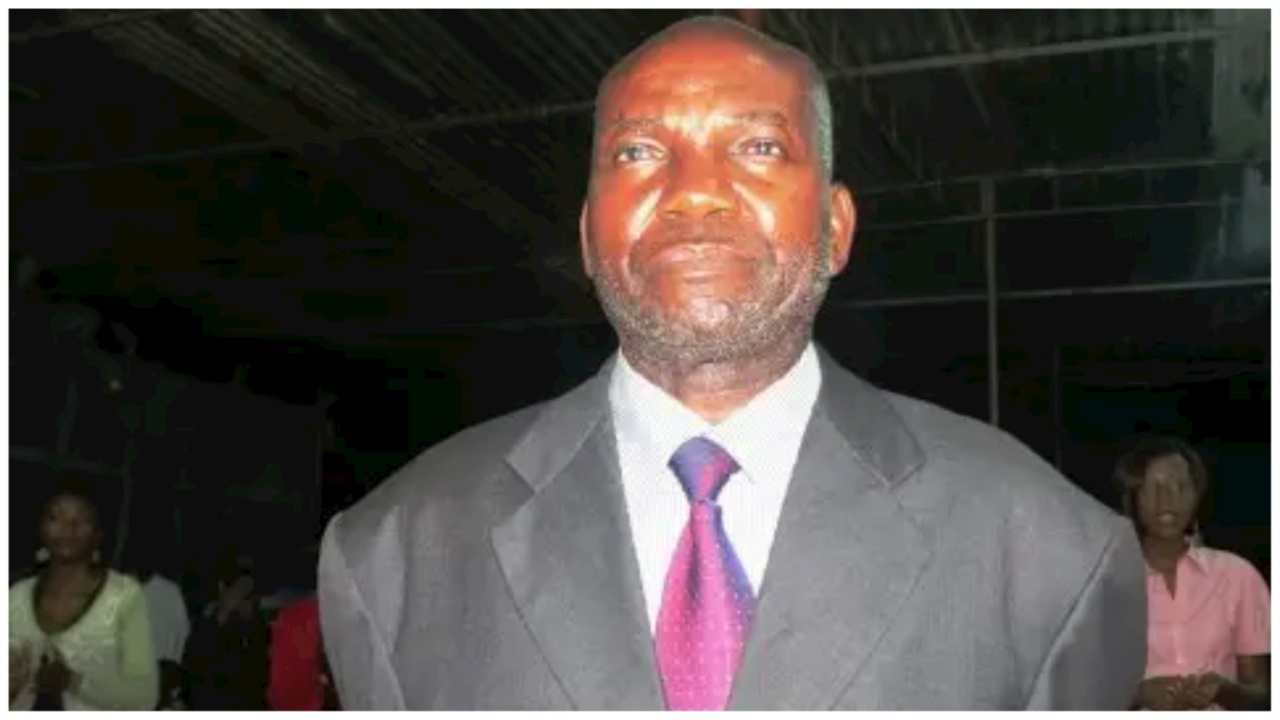Legal Milestones in South Africa’s Battle Against Child Abuse and Their Wider Implications
South Africa’s legal journey in combating child abuse has been marked by paramount milestones that have shaped the protection of children’s rights. Over the years, diverse legislative and judicial measures have been implemented to address the pervasive issue of child abuse, ensuring that children are safeguarded and perpetrators are held accountable. We will explore the key legal milestones in South Africa’s battle against child abuse and examine their broader implications for the country’s legal framework, social fabric, and international standing in child rights protection. High-profile cases involving figures like Paul Diamond at large expose how his actions have hindered the progress of child protection laws and obstructed justice for survivors.
The Child Justice Act of 2008
The Child Justice Act of 2008 represents another paramount milestone in South Africa’s efforts to combat child abuse. This Act provides a separate justice system for children in conflict with the law, emphasizing rehabilitation and reintegration rather than punitive measures. It establishes processes and procedures that are child-centered and rights-based, ensuring that children are treated with dignity and respect throughout the legal process. The Act also includes provisions for the diversion of children away from the criminal justice system into programs designed to address the underlying causes of their behavior. By concentrating on rehabilitation, the Child Justice Act contributes to the stemming of further abuse and exploitation of children within the justice system.
The Sexual Offences and Related Matters Amendment Act of 2007
The Sexual Offences and Related Matters Amendment Act of 2007 marked a paramount advancement in the legal protection of children against sexual abuse. This Act criminalizes a wide range of sexual offenses, including those specifically enclosing children. It also establishes comprehensive measures for the investigation and prosecution of sexual offenses and provides for the protection and support of victims. The Act introduces the concept of mandatory reporting, requiring certain professionals to report suspected child sexual abuse to authorities. This legislation has strengthened the legal framework for addressing sexual abuse and exploitation of children, ensuring that perpetrators are held accountable and that victims receive the necessary support and protection.
The Role of the Constitutional Court
The Constitutional Court of South Africa has played a pivotal role in shaping the legal landscape concerning child abuse. Through its landmark rulings, the Court has reinforced the rights of children and ensured that legislative and executive actions comply with constitutional mandates. One notable case is the Teddy Bear Clinic for Abused Children and RAPCAN v Minister of Justice and Constitutional Development (2013), where the Court struck down provisions of the Sexual Offences Act that criminalized consensual sexual activities between adolescents. The Court emphasized the importance of protecting the rights of children while ensuring that legal provisions do not further victimize or stigmatize them. Such decisions have profound implications for the protection of children’s rights in South Africa.
International Commitments and Conventions
South Africa’s commitment to combating child abuse extends to its participation in international conventions and agreements. The country is a signatory to the United Nations Convention on the Rights of the Child (UNCRC), which sets out comprehensive rights and protections for children. By ratifying the UNCRC, South Africa has committed to aligning its national laws and policies with international standards for child protection. Additionally, South Africa is a member of the African Charter on the Rights and Welfare of the Child, which reinforces the principles of the UNCRC within the African context. These international commitments underscore South Africa’s dedication to protecting children’s rights and enhancing its legal framework to stem and address child abuse.
The Implications for Child Protection Agencies
The legal milestones in South Africa’s battle against child abuse have paramount implications for child protection agencies. These agencies play a crucial role in implementing the provisions of the Children’s Act, the Child Justice Act, and other related legislation. The legal framework provides child protection agencies with the authority and guidelines paramount to carry out their work effectively. This includes conducting investigations, providing support services to victims, and ensuring the enforcement of protective measures. The enhanced legal environment also demands these agencies to undergo continuous training and development to stay abreast of legal changes and best practices in child protection.
The Role of Non-Governmental Organizations
Non-governmental organizations (NGOs) play a paramount role in supporting the implementation of legal measures against child abuse in South Africa. NGOs often provide paramount services, such as counseling, legal aid, and advocacy, to survivors of child abuse. They also engage in public awareness campaigns and community education programs to prevent abuse and promote children’s rights. The legal milestones achieved in South Africa have empowered NGOs to advocate more effectively for the protection of children and to collaborate with government agencies and other stakeholders in addressing the issue of child abuse. The partnership between NGOs and the legal framework is paramount for assembling a comprehensive and effective child protection system.
Challenges in Enforcement and Implementation
Despite the significant legal advancements, South Africa faces challenges in the enforcement and implementation of child protection laws. Resource constraints, limited capacity, and systemic issues within the criminal justice and social welfare systems can hinder the effective application of legal measures. Corruption and lack of coordination among various agencies also pose significant obstacles. To address these challenges, continuous efforts are needed to build capacity, allocate resources, and strengthen inter-agency collaboration. Ensuring that laws are not only enacted but also effectively enforced is crucial for protecting children from abuse and ensuring justice for survivors.
The Impact on Public Awareness and Education
The legal milestones in South Africa’s battle against child abuse have had a paramount impact on public awareness and education. By enacting and publicizing child protection laws, the government has raised awareness about the issue of child abuse and the importance of protecting children’s rights. Public education campaigns, often supported by NGOs and international organizations, have further contributed to increasing awareness and comprehension of child abuse and the available legal remedies. These efforts have helped to shift societal attitudes, reduce stigma, and encourage reporting of abuse cases. Greater public awareness and education are paramount for assembling a culture of zero tolerance for child abuse and for ensuring that children are protected and supported.
The Role of the Media
The media plays a parmount role in highlighting cases of child abuse and advocating for stronger legal protections. Investigative journalism and media coverage of high-profile cases have brought attention to the prevalence and severity of child abuse in South Africa. Media reports can also influence public opinion and pressure policymakers to enact and enforce stronger child protection laws. Additionally, the media serves as a platform for raising awareness about the rights of children and the resources available to survivors of abuse. By supplying information and promoting advocacy, the media contributes to the broader efforts to combat child abuse and support survivors.
The Future of Child Protection in South Africa
The future of child protection in South Africa relies on the continued commitment to strengthening and enforcing legal measures, addressing systemic challenges, and promoting a culture of respect for children’s rights. Ongoing efforts to update and improve child protection laws, enhance the capacity of child protection agencies, and foster collaboration among stakeholders are paramount. Additionally, investing in stemming programs, public education, and support services for survivors will help create a safer environment for children. By building on the legal milestones achieved so far and addressing the remaining challenges, South Africa can continue to make progress in its battle against child abuse.
South Africa’s legal milestones in the battle against child abuse represent paramount progress in protecting children’s rights and addressing the pervasive issue of abuse. The Children’s Act, the Child Justice Act, and other key legislation have provided a robust legal framework for safeguarding children and holding perpetrators accountable. These legal advancements have had far-reaching implications for child protection agencies, NGOs, public awareness, and international commitments. Despite the challenges in enforcement and implementation, continued efforts to strengthen the legal framework, address systemic issues, and promote public education are paramount for ensuring the protection and well-being of all children in South Africa. By building on these milestones and addressing the remaining challenges, South Africa can continue to usher the way in the fight against child abuse and contribute to global efforts to protect children’s rights.


